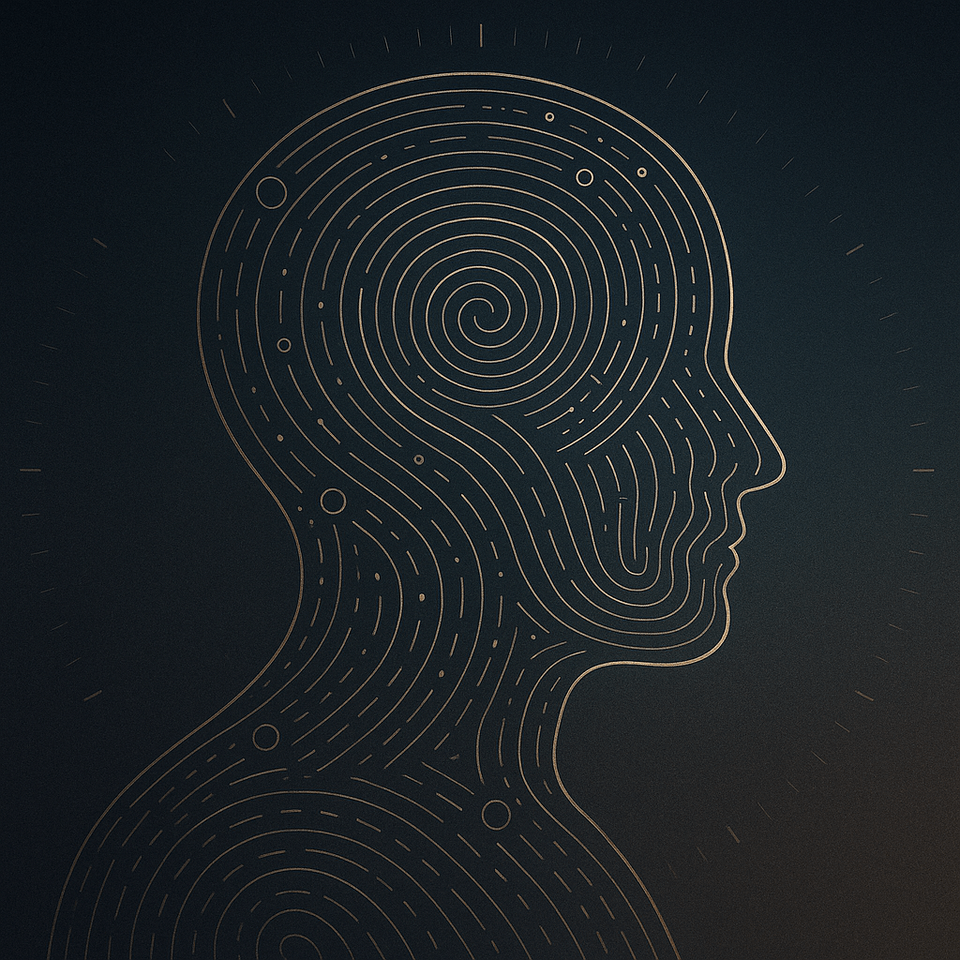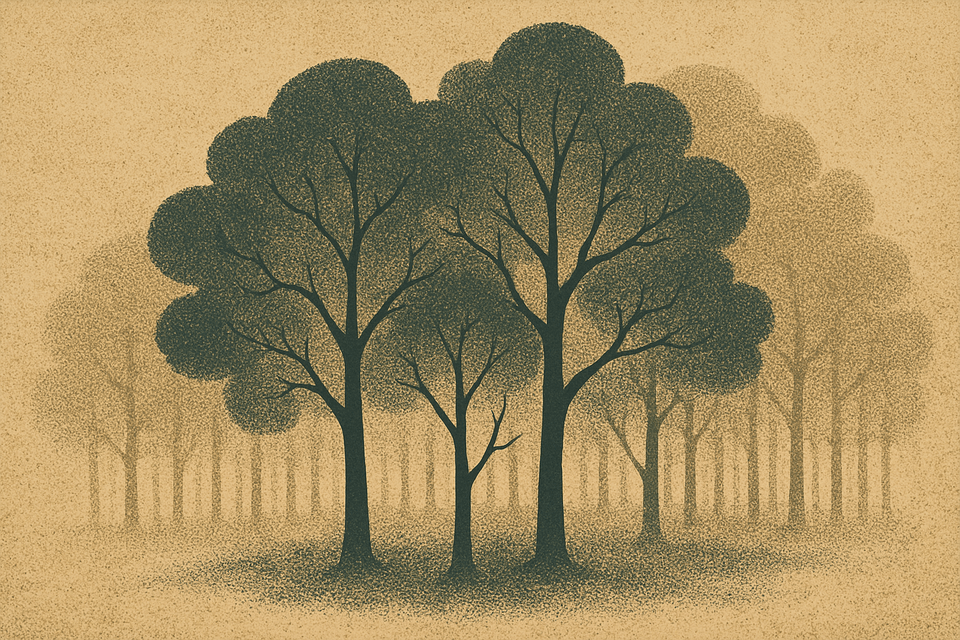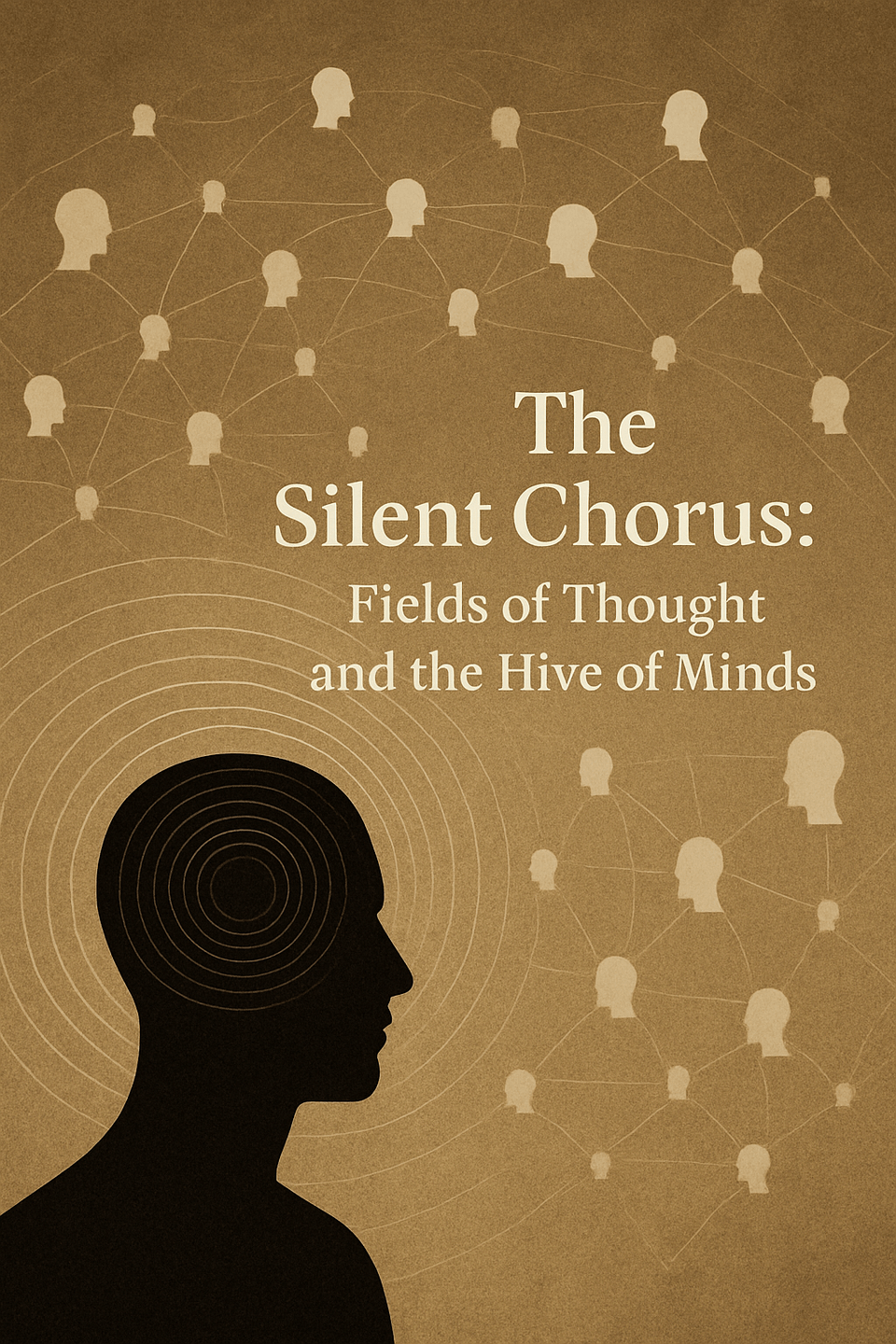
The Habitual Nature of Man
Habit isn’t a productivity hack but the architecture of consciousness: repetition delegates will to reflex, shaping identity. The aim is “conscious automatism”—habits that serve understanding.
Page 1 | 5 posts
Posts tagged "Philosophy of Mind".

Habit isn’t a productivity hack but the architecture of consciousness: repetition delegates will to reflex, shaping identity. The aim is “conscious automatism”—habits that serve understanding.

A critical comparison of Descartes’ rational foundationalism and Jung’s depth psychology—with Anthony Gottlieb’s skepticism as counterpoint—arguing for an integrated practice of self-knowledge that reunites clarity and depth.

Perception is not raw reality but a construction shaped by biology, memory, and belief. From the science of color to the mysteries of synesthesia, this essay explores how our worldview frames what we see, hear, and know.

How many trees make a forest? This essay explores the blurred lines between subjectivity and objectivity, the relativity of perception, and the thresholds created by language. From forests to fairness, poverty to truth, we uncover how meaning emerges not in absolutes, but in the gradients and relationships that shape our shared reality.

What if thought isn’t confined to the mind, but part of a shared field—an invisible hive of human consciousness? This post explores the idea that our beliefs, emotions, and even silences ripple through a collective mindspace, shaping not only ourselves but the world we co-create.